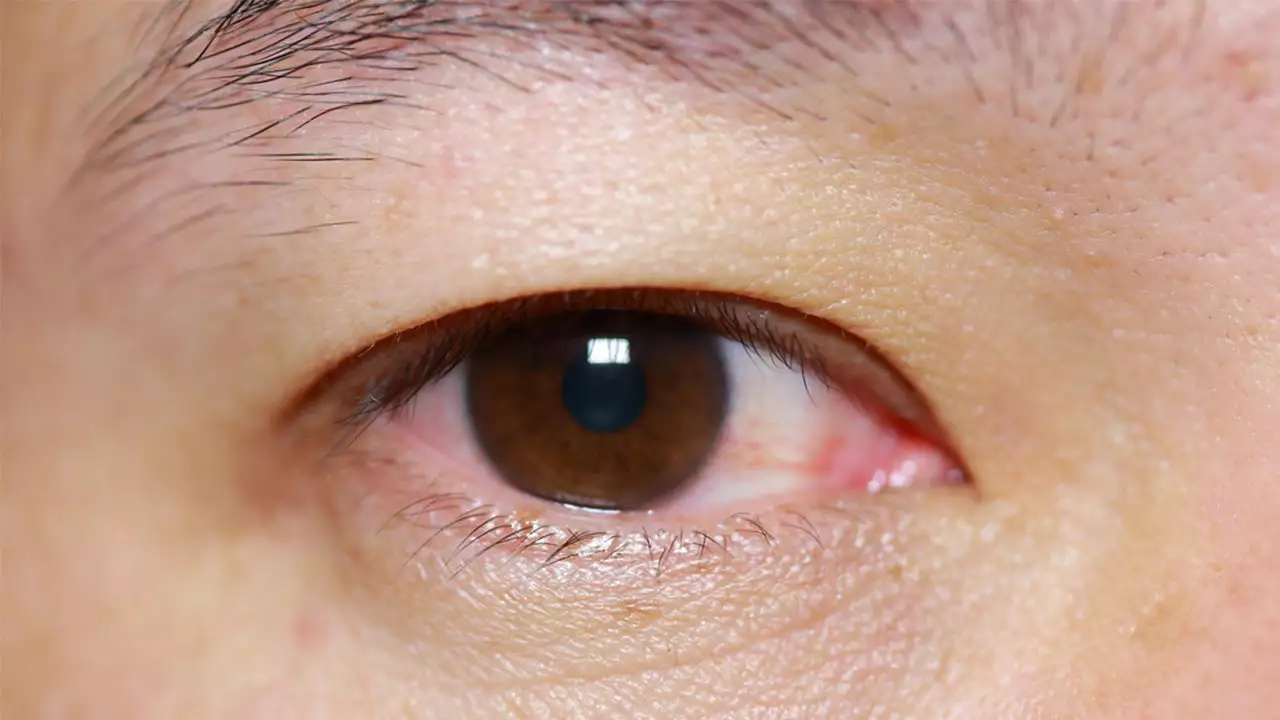Sunglasses Benefits: Protect Your Eyes and Skin Every Day
Wearing sunglasses isn't just about looking cool. The right pair blocks harmful UV rays, cuts glare, and helps keep your eyes and the skin around them healthy. Want clear reasons to grab shades before you leave the house? Here are the main benefits you can use every day.
How sunglasses protect your eyes
UV radiation from the sun can damage the eye over time. Regular exposure increases risk for cataracts, macular degeneration, pterygium (a growth on the white of the eye), and photokeratitis—essentially a sunburn of the cornea. A good pair labeled "100% UV" or "UV400" blocks both UVA and UVB rays. That’s the single most important thing to check.
Polarized lenses cut reflected glare from water, snow, and roads. They make driving safer and reduce eye strain when you’re outside a lot. Note: polarization improves comfort and contrast but doesn’t replace UV protection—look for both features.
Sunglasses also reduce squinting. Less squinting means fewer lines and wrinkles around your eyes over time and less immediate eye fatigue. If you spend hours outdoors—gardening, boating, or commuting—shades make the day easier on your eyes.
How to choose sunglasses that actually help
Start with UV protection. Ignore color or price until you see the label: "100% UV" or "UV400." Then pick the style that fits your use. Wraparound frames or larger lenses block light from the side. For driving or water sports, polarized lenses are a smart add-on. For hiking or winter sports, consider photochromic lenses that darken in bright sun.
Lens color affects contrast. Gray keeps colors natural, brown boosts contrast on partly cloudy days, and amber works well in low light. Mirror coatings cut brightness further for very bright conditions. If you wear prescription glasses, get prescription sunglasses or clip-ons—clear vision matters as much as protection.
Material matters too. Polycarbonate lenses resist impact and are lighter—good for kids and active use. Glass gives crisper vision but can be heavier and break more easily. Make sure frames fit well and sit close to the face without pinching; poor fit lets light in and reduces protection.
For kids, sunglasses are a must. Children's lenses should block UV and fit snugly. Their eyes are more sensitive, and damage early in life adds up.
One more tip: sunglasses don’t last forever. Scratches, stretched frames, or faded coatings cut protection and comfort. Replace them when they show wear or if you drop them often. Store them in a case and clean with lens-safe cloths and solutions.
In short: pick sunglasses with 100% UV protection, choose the right lens type for your activities, and treat them like essential gear—not just an accessory. Your eyes will thank you now and later.

 Apr, 29 2023
Apr, 29 2023